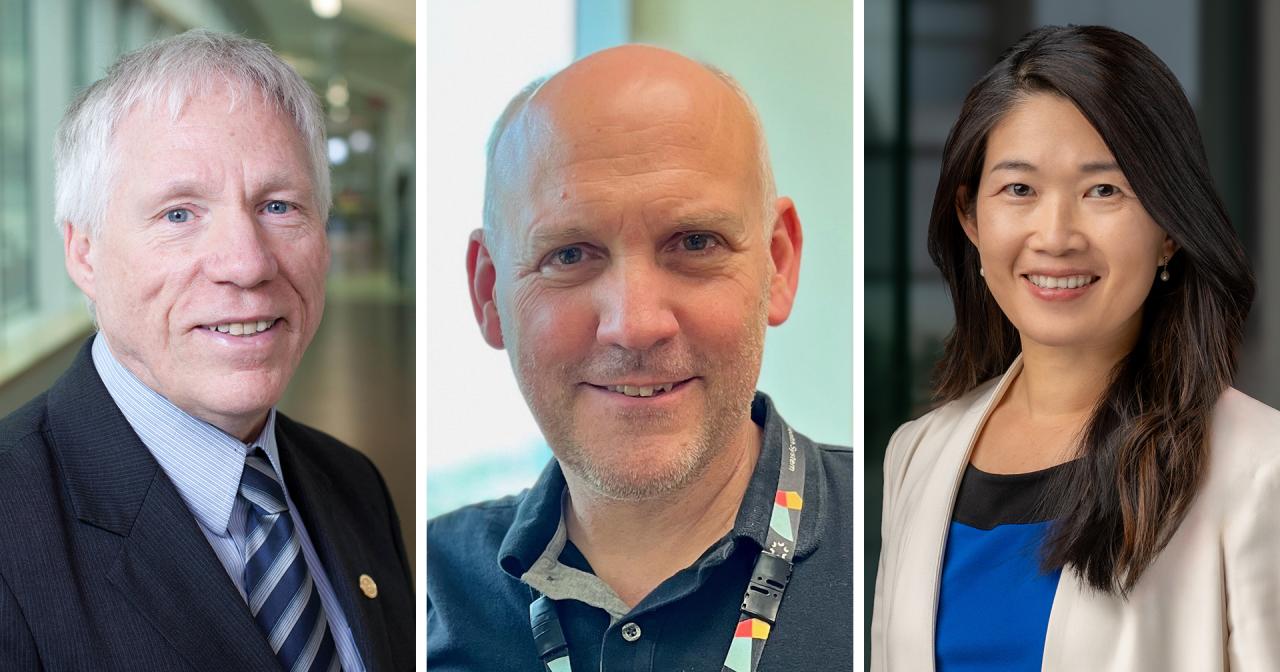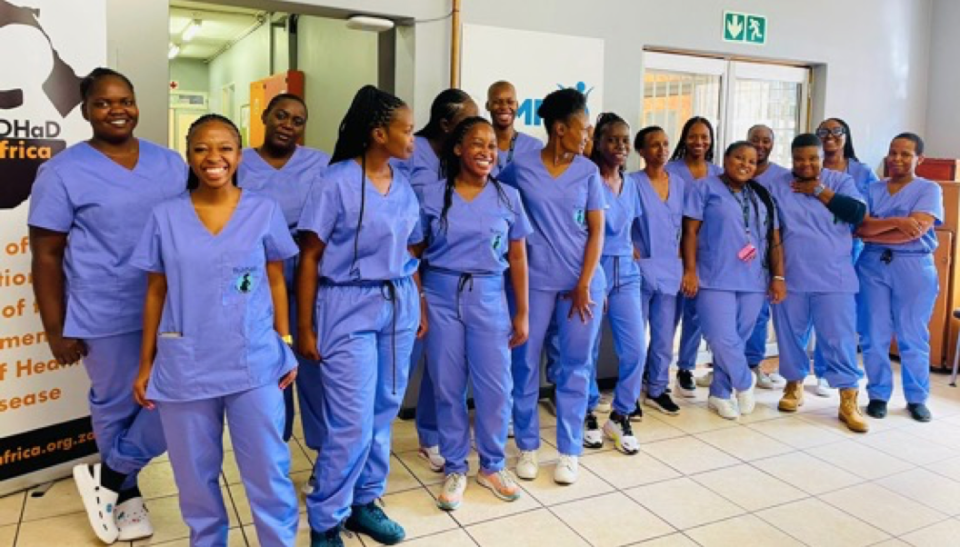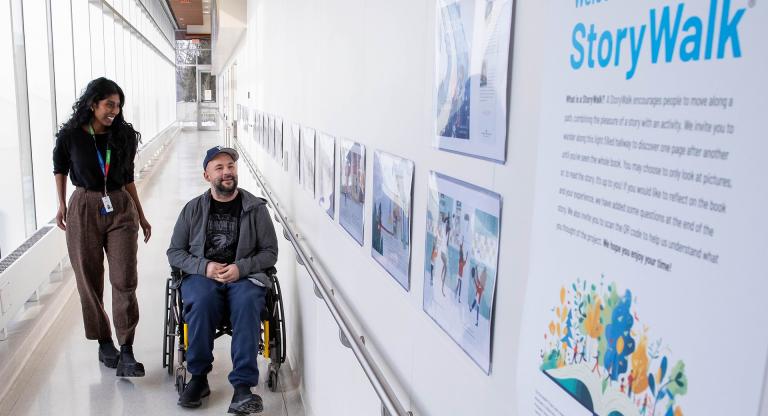Improving health at the earliest possible stage – before life begins
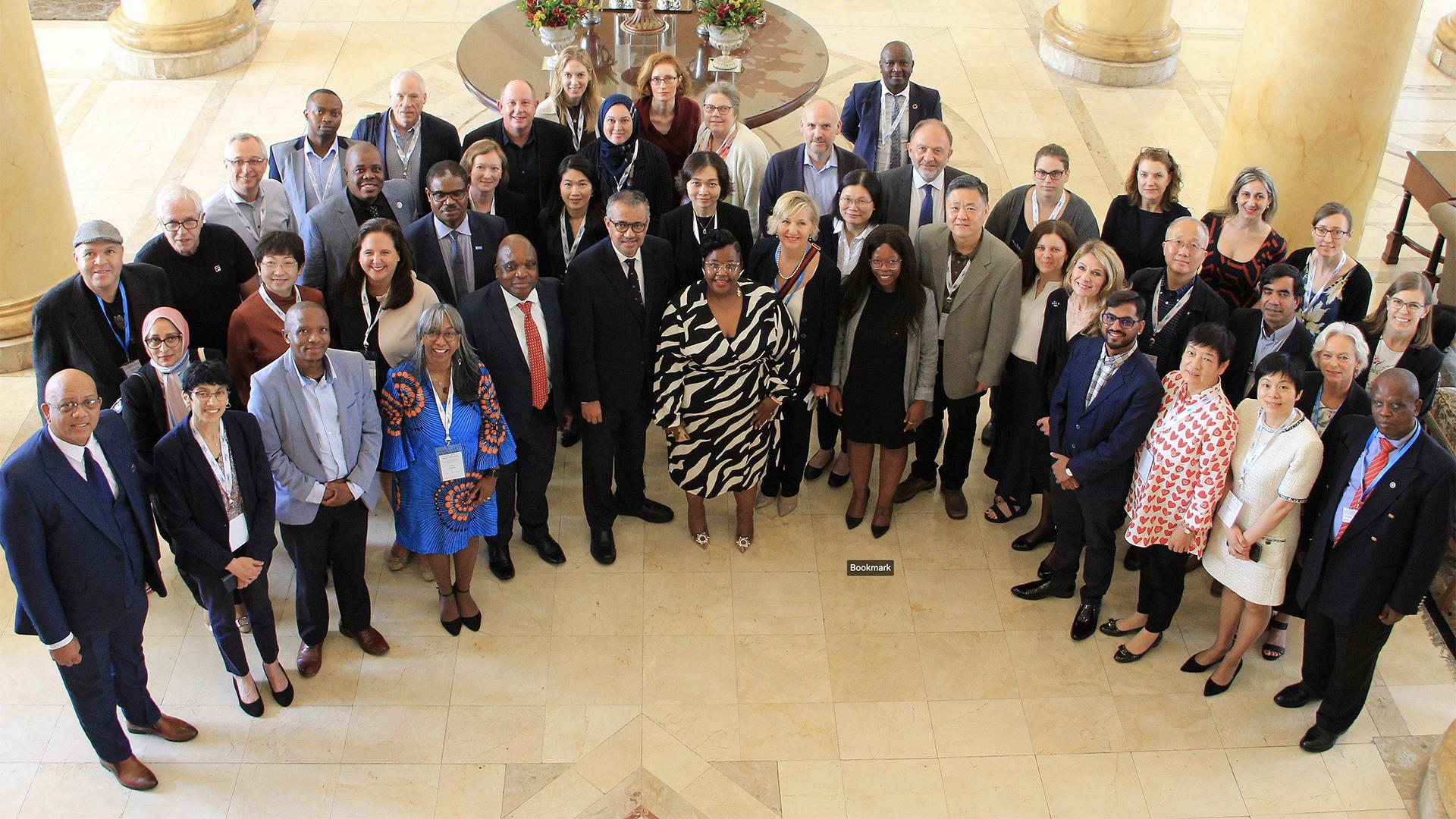
LTRI researchers are leading a groundbreaking international study to intervene in human health, starting at preconception.
The young woman spoke with a soft voice and gentle South African accent, but her words have haunted Dr. Stephen Lye ever since.
“I was not able to speak about my problems or my home situation with other people,” said the Soweto resident about her life before joining a highly unique health study. And if she hadn’t heard about this program, “maybe I would have killed myself.”
Dr. Lye and his colleagues at the Lunenfeld-Tanenbaum Research Institute (LTRI), part of Sinai Health, are betting that their trial, dubbed HeLTI (Healthy Life Trajectories Initiative), will have profound implications, not only on this woman’s life, but on the lives of her future children – and even their children. Mental health counselling, nutritional supplements and other supports, delivered to women in the program even before pregnancy, could actually change her descendants’ genes, helping to break the cycle of chronic illnesses like diabetes and heart disease.
A global effort
Over the last decade, a worldwide network of HeLTI investigators, many based at LTRI, have enrolled almost 22,000 young women in four harmonized studies in China, Canada, India and South Africa, along with their partners, more than 7,000 babies and additional siblings. Local teams help them to improve their health, and staff follow their babies until they are five years old, testing for crucial health markers like birth weight and body mass index, and cognitive and social/emotional development. They are generating huge amounts of high-quality data that will be available to researchers – a gift to the world from LTRI and its partners, including CIHR and national research funders in India, China and South Africa.
The extraordinary scope of the project – tens of thousands of people in four countries across at least two generations – means the study is very costly and will likely never be repeated. But Dr. Lye believes that one day HeLTI could be more influential than the trial that revolutionized cardiac care and put a small town in Massachusetts on the world map.
“I see this as having the potential to be at least as big as the Framingham Heart Study was in adult cardiovascular health – and maybe bigger, because it will include the children,” he said. “And it’s across countries, not just in the US.”
Tailored interventions
In the rural area around the Indian city of Mysore, HeLTI is working with a local non-profit to enroll almost 6,000 young women in a harmonized arm of the study that runs across 105 villages. The women are married – and to the delight of researchers, husbands and extended families are often interested in participating. (In Soweto, most of the participants are single.)
Nutritional support is also an important part of study in South Africa, but for different reasons. Fast food is king in Soweto. But in rural India, women eat mostly rice or a millet-like grain with only a small amount of lentils for protein. The program provides customized multiple micronutrient supplement, which includes iron and B12. To reduce pollution exposure, they are encouraged to fuel their cooking with gas rather than wood and their husbands are educated about smoking indoors. Women who work in the fields are urged to wear gloves and to avoid keeping pesticides in their homes.
Most previous interventional studies in India and South Africa began only after conception -- or if they did start before pregnancy, involved a single intervention such as a micronutrient supplement. By the time researchers enrolled participants, confirmed their pregnancy and established baselines, the women were halfway to delivery, said LTRI Senior Investigator and University of Toronto Professor Dr. Stephen Matthews, co-PI of the India study.
With HeLTI, “we get the preconception piece, with the opportunity to improve diets or mental health prior to pregnancy,” he said. “We’re also covering that first half of pregnancy. And I think that’s where we’re going to have a lot of impact. That’s when the placenta gets set up and the embryo implants. Those are really important points we need to be supporting.”
Educating fathers
It can come as a shock for prospective parents – especially fathers - to learn that choices they make long before conception could affect their children throughout life. Only within the last decade, said Dr. Matthews, have studies shown that changes to men’s health could affect sperm in ways that change long-term outcomes.
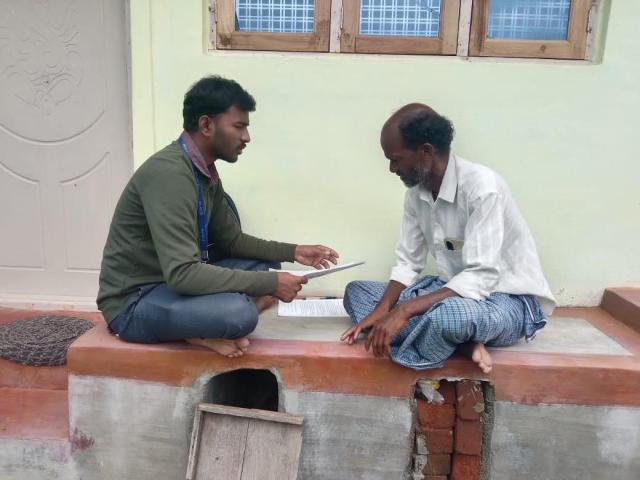
The small RNA molecules in men’s sperm can code for obesity instead of leanness, or anxiety instead of calm. These molecules influence cell division in the egg and their impact on children’s health has been documented, according to Dr. Lye. Meanwhile, a woman with obesity will have higher levels of insulin, which crosses the placenta and mobilizes glucose in the baby.
Nutritional deficiencies in either parent could program a developing baby to need fewer calories or to produce more fat, said Dr. Lye. “There’s an evolutionary advantage in being able to predict what the environment will be like. The problem is when the prediction is wrong; when the baby thinks it’s in a food-restricted environment, but it’s not.”
It's a similar process with mental health, he adds: “If the pregnancy, pre-pregnancy or early child environment is one of stress and anxiety or depression, then that baby is going to be programmed to cope with this environment.”
Diversity matters
The biology can be very similar for everyone in the world, but when biological processes interact with different environments, the results can vary. This is why LTRI epidemiologist Dr. Rayjean Hung is enthusiastic about the diversity of HeLTI’s four study sites.
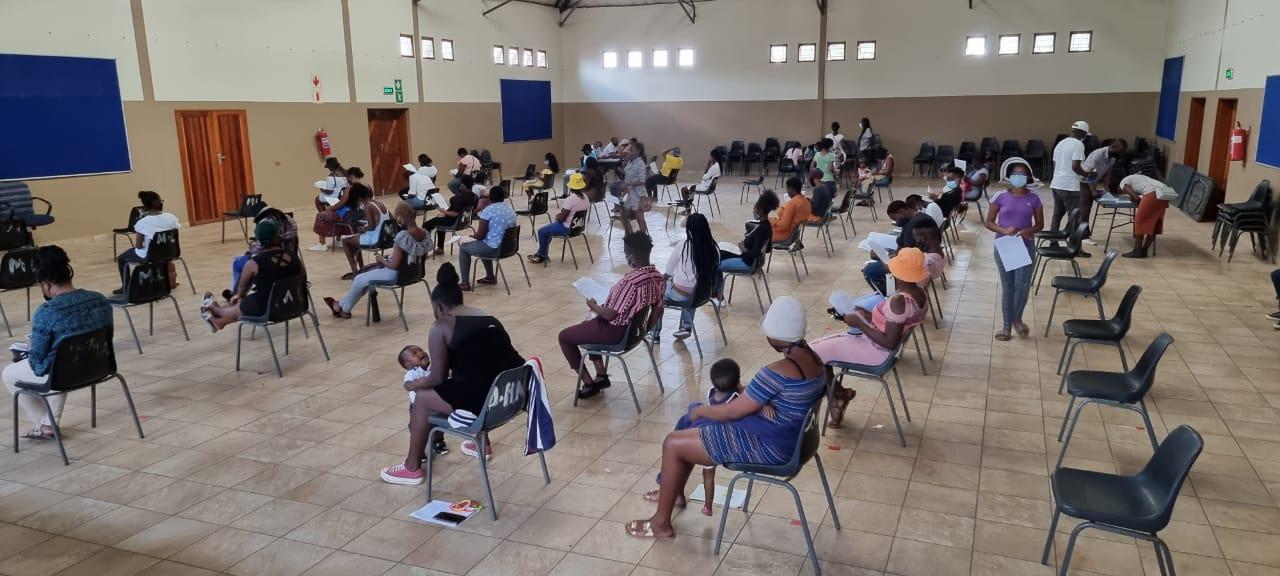
“We have participants across Canada, Shanghai in China, Mysore in India, and Soweto in South Africa, all of which have very different levels of economic development, urbanization and deprivation,” said Dr. Hung, LTRI’s Associate Director for Population Health and co-PI for HeLTI-South Africa. “It’s going to be exciting to compare and contrast the data from different countries, to compare the outcomes of these women and children across cultures and settings. This is going to set up a platform for the scientific community for years to come.”
Because the study is longitudinal, each new generation of scientists will have access to better and better data to help them tackle different research questions, said Dr. Hung. They will learn the impact in different communities, which helps to identify interventions that work specifically for those communities. And while the hypothesis (that early intervention can improve children’s health) may not be novel, the setup (diverse settings and “harmonized” measures; and randomized controlled trial design methods) is highly unique, she said. “I don’t see another multinational intervention trial that’s going to come along. It didn’t happen before and it’s unlikely that it will happen again.”
Implications for Canada
Dr. Hung believes that the HeLTI studies in China, India and South Africa will benefit public health in Canada, with its diverse population. When people migrate, many lifestyle factors change, such as diet, exercise and pollution exposure. But HeLTI’s blood samples can shed light on people’s past exposure, potential susceptibility and allow more insight into the causes of disease among sub-populations in Canada.
South Asians in both Canada and at home experience higher rates of diabetes than other people with similar body mass indexes (BMI), and the roots of this problem could lie in birth or even preconception. Dr. Matthews points to a puzzling phenomenon: In India, people who look thin actually have a much higher percentage of fat than Caucasians with similar BMIs.
Studies show that babies born in India have lower birth weight but proportionally higher body fat levels than their British counterparts. Even a small weight gain magnifies their cardiometabolic risk later in life.
“We’re trying to see whether the HeLTI interventions will reduce fat mass index at 5 years, which will hopefully protect against cardiometabolic disease when these kids become older, said Dr. Kalyanaraman Kumaran, co-PI of the India study arm and a professor at the UK’s University of Southampton.
It takes a village
To achieve meaningful interventions, each of the studies is attacking challenges from multiple angles. Lack of dietary diversity is a major problem in rural India, but health workers are putting equal emphasis on overall health, child development, parenting skills and the home environment – similar to the study arms in China, Canada and South Africa.
In Soweto, too, participants are benefitting from a hyper-local understanding of participants’ needs and challenges, with a focus on community building. “When we started the study, we never understood how powerful health workers would be,” said Nomsa Thwala, project coordinator, in a recent documentary video. “They create a bridge between an underserved community and health services. They come with solutions on a practical level because most of the time they are from [here]. So they understand the problems, they can simplify the language, they can work with the patient.”
Learn more about HeLTI and the LTRI’s Alliance for Human Development, which advances research on the critical importance of the first 2,000 days of life on health, learning and social wellbeing.









